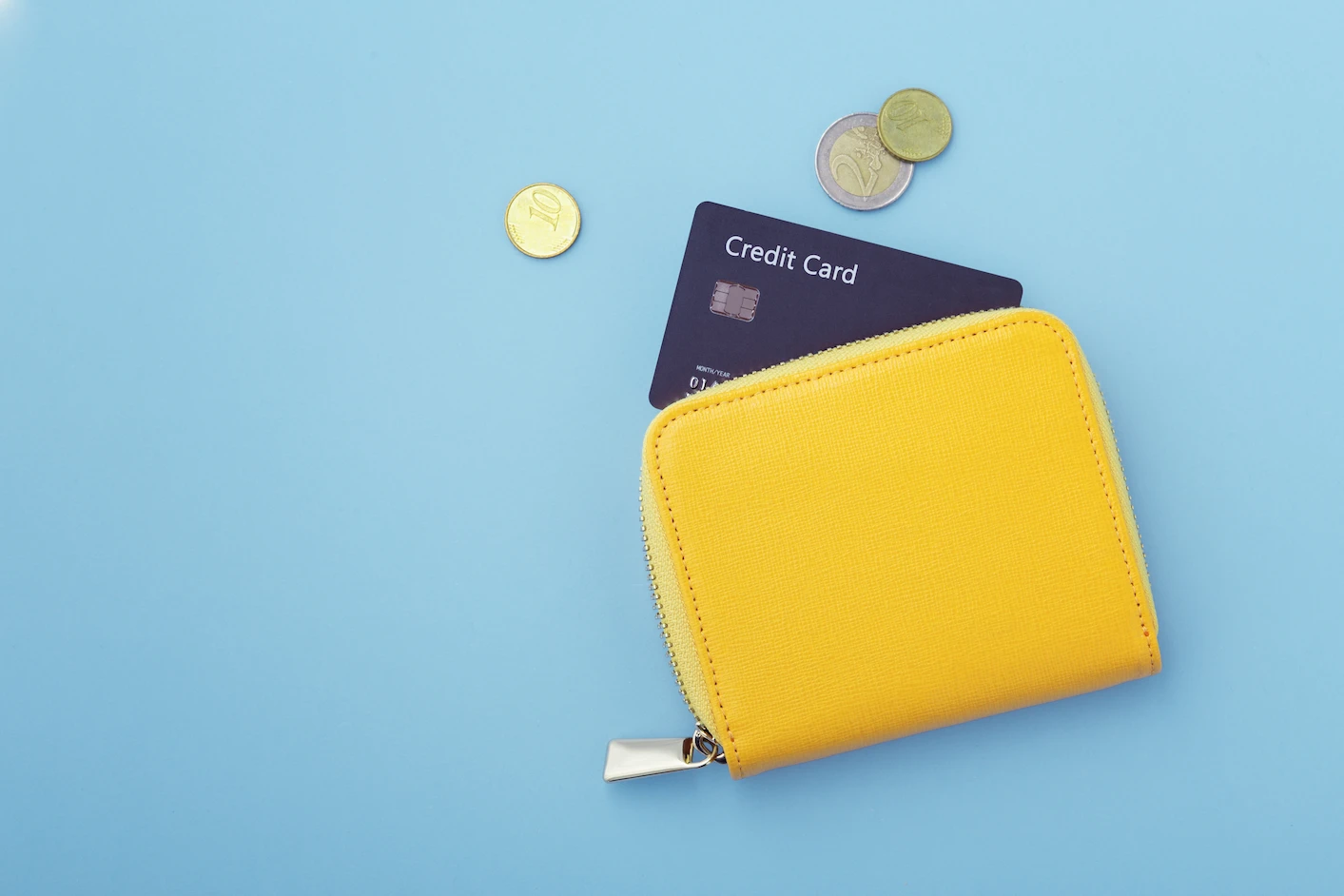Most Americans have somewhere in the neighborhood of four credit cards, according to credit bureau data. But education around how to make the most of them is seriously lacking. In fact, there’s quite a bit of misinformation out there about how to use credit cards to your advantage, and how to choose the one that’s right for you.
That’s why we did some digging and spoke to personal finance coach Tawnya Schultz to get the real deal. Below, eight myths about credit cards—busted. Just keep in mind that while this article provides some basic info on credit cards, you’ll want to consider your unique situation and do your own research to get a fuller picture before making any financial decisions.
If you’re in the market for a new credit card, check out the Paceline Card. Card members can earn up to 5% cash back on Health & Wellness purchases and up to 3% back on everything else.1 Plus, they can earn back the cost of the latest Apple Watch (up to a $429 value).2
Myth #1: You can’t have multiple credit cards and good credit.
The truth: Yes, you can!
Having multiple cards can help or hurt your credit score—and it all comes down to how responsibly you manage those cards, according to Investopedia. Here’s the potential benefit: Having more than one card can increase your overall credit limit and assist in keeping your credit utilization (the proportion of your credit you’re using) low, which can help boost your FICO score. But with that said, you don’t have to have multiple cards if it doesn’t feel right for you. Keeping just one is less responsibility (think: fewer payment due dates to hold in your mind).
Side note: Investopedia adds that another benefit of keeping an array of credit cards is that it can help you earn max rewards on your purchases. See more on rewards in Myth #8 below.
Myth #2: You can’t close that credit card you opened on a whim because it’ll hurt your credit score.
The truth: It’s not that simple.
You’ve probably heard that closing a credit card is bad for your score. And to some extent, that’s true. Closing a card can come with a temporary ding, Schultz says, and she does advise keeping your longest-standing card open if you can, because that lengthy history is valuable to your score. Still, according to Wirecutter, even after you close a card, it remains on your credit report for years, so it’s not exactly being lost from your credit history the second you cut it loose.
Myth #3: Credit cards are just about money.
The truth: Your relationship with your credit cards could be affecting your health—and vice versa.
Research has shown that there’s a correlation between more severe unsecured personal debt (the kind not backed by collateral, like credit card debt) and worsened health. So, by staying on top of your finances, you may be taking care of yourself in more ways than one. With the Paceline Card, you’ll see your credit card spend in the same app where you can see your weekly physical activity—that’s because we believe your financial and physical health can and should be linked. And, your physical activity literally powers the amount of cash back you can earn, helping to drive home this physical-financial health connection.
Myth #4: 30% is the ideal threshold for credit utilization.
The truth: You may want to keep it even lower.
10% is actually a safer bet, Schultz advises. Here’s what that means in practice: If you have a $20,000 credit limit and are really looking to improve your credit score, it’s ideal to avoid carrying a balance of more than $2,000 at any given time. (But if that’s not doable for you, go by the 30% rule.)
Myth #5: You should pay your credit card bill once a month.
The truth: You (probably) can pay more frequently—and benefit from it.
There’s no rule that says you have to wait until the end of your billing cycle to make a credit card payment, Schultz emphasizes. (According to NerdWallet, this is true of all major card issuers.) In fact, many people have success with making a minimum payment whenever it’s due, and then making an additional payment whenever they get an influx of cash, such as when they get their paycheck or income from a side gig, Schultz says. That way, you ensure you’re never late on a payment and you’re paying the bulk of your bill when it’s most convenient for you.
Myth #6: Rewards programs are always a good deal.
The truth: Not all credit card rewards are created equal.
In fact, some might not be worth it at all given the interest rate and how much you tend to spend on a credit card regularly. That’s why Schultz advises really taking stock of the benefits before choosing a credit card. Are the perks ones you’ll use all the time, or just once a year when you take a trip and want access to a VIP airport lounge? Is there a cap on the cash back you’ll earn? (Not with the Paceline Card!1) Try to choose your credit card based on the perks you think you’ll use most, and that line up with your goals, needs, and values.
6 Credit Card Myths You Need to Know is intended for informational purposes only and is not intended as financial advice.


